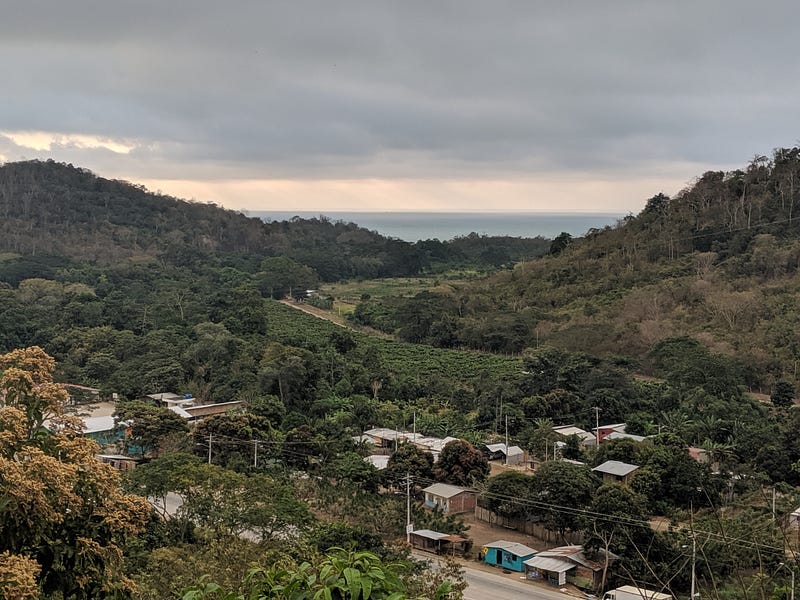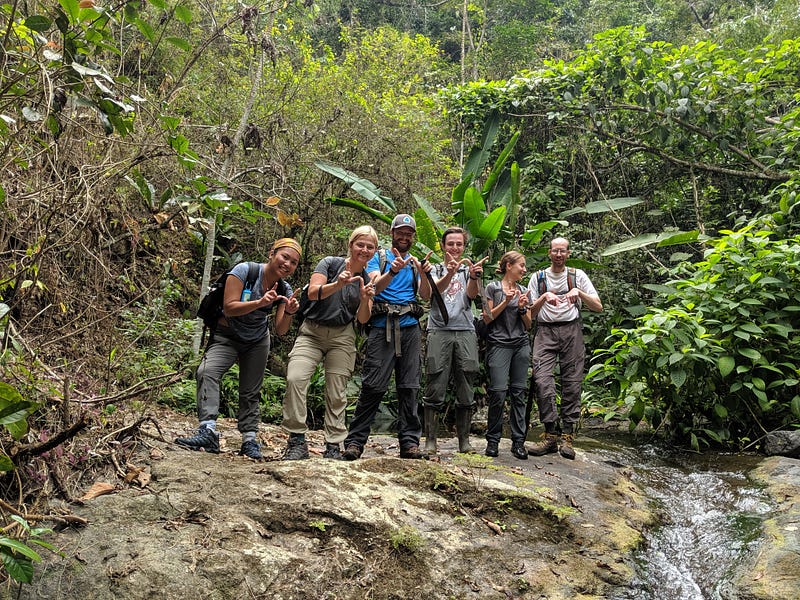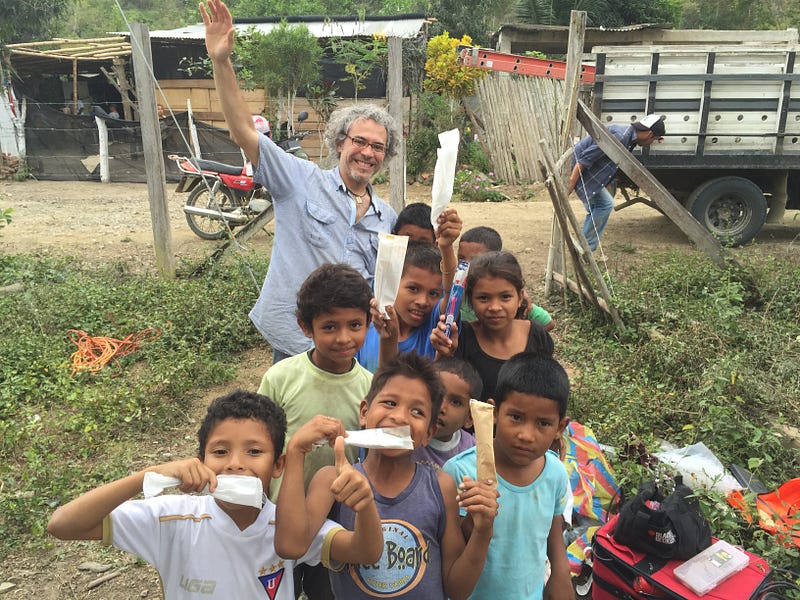For over a century, the Wisconsin Idea has been the guiding philosophy of faculty, students, and alumni of UW-Madison. One of the earliest university presidents once said, “I shall never be content until the beneficent influence of the university reaches every family in the state.” Today, that sentiment still holds true, reaching communities worldwide through the campus community’s outreach initiatives.
One group on campus that has been particularly active in upholding the Wisconsin Idea is the Engineers Without Borders USA — UW-Madison Chapter (EWB-UW), established in 2003. According to their website, the team aims to “build a better world by educating internationally-responsible engineers and students.” This starts with creating connections with under-served communities around the world, and maintaining those connections for a minimum of five years while working on projects ranging from building bridges to water systems. Currently, the chapter is working with Guatemala, Uganda, Puerto Rico, and Ecuador.

I sat down with Meghan Maglente, a senior in Chemical Engineering and current Ecuador project manager, to talk more about the organization’s work. Maglente has been an active member of EWB-UW since her freshman year. As a freshman myself, I had considered joining EWB-UW but put it off because I did not think I could contribute to major design projects. Maglente assured me that the organization has plenty of opportunities for everyone, regardless of school year, such as background research and logistical organization. In fact, she encourages students to join as early as possible since there is a lot to learn. As long as students are fully committed, and willing to spend the time and effort required, their contribution will have an impact. “The actual motivation to do that for a student organization…is understanding that what we’re doing will literally change people’s lives and improve their quality of living and improve community health. And we’re doing it for actual people. There’s really no other student organization where you can do something this big with your engineering skills,” Maglente explains.
Maglente recalled her first experience joining EWB-UW and the friends she made. When asked what inspired her to stick with the organization, she replied “I saw [the members’] passion and saw that they were actually using their engineering skills outside the classroom…not just in the Wisconsin community, but abroad in a country where people need us. And that was super cool. I fell in love with the way that they were in love with it. And then once I finally got to travel, it was super amazing getting to meet the crew members.”
Each project starts with a community contacting EWB-UW with a specific problem. The team then visits the community on an “assessment trip” during which they collect the data needed to start designing a project. The process centers the community’s needs, utilizes its resources and focuses on cultural and economic responsibility. After finalizing a design, the team revisits the community on an “implementation trip” to build the project with the help of contractors from the community. The experience of seeing the tangible impact on the communities creates a stronger sense of motivation and perseverance to the students. Maglente emphasizes this, saying, “it’s not just a picture of our community that we put up on our slides every week for our meetings. They’re real people. People who need water and need access to get to school.”
When working on such impactful projects, there are bound to be some challenges. Maglente mentioned that funding can be an issue. Currently, the team receives most funds from grants and donations,for which they are immensely grateful. However, sometimes when funding is inadequate, the pace of major projects inevitably slows down. While fundraising is an option, Maglente stated that the organization focuses more on providing students with the unique experience of applying their engineering skills to real world problems. “We are engineering students. We are here to do engineering work. So, if you take ten people out of our engineering team to do fundraising, they are losing the engineering experience,” Maglente stated.

“What we’re doing will literally change people’s lives and improve their quality of living and improve community health. And we’re doing it for actual people.”
— Meghan Maglente
For final remarks, Maglente reiterated the impact of working with EWB-UW saying that “it’s bigger than a lot of things. It’s changing people’s lives, and it’s super cool to be able to say that as a student when I leave here. Not only did I become an engineer, I got to contribute to this amazing project and also enhanced my engineering skills tenfold.” Engineers Without Borders provides students the opportunity to practice their passion for helping people while applying the various skills they learn to real societal challenges. And their doors are always open to new members!

